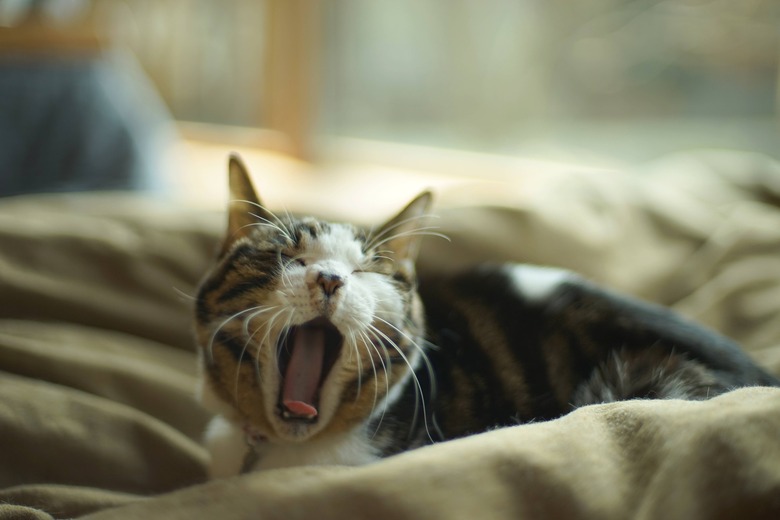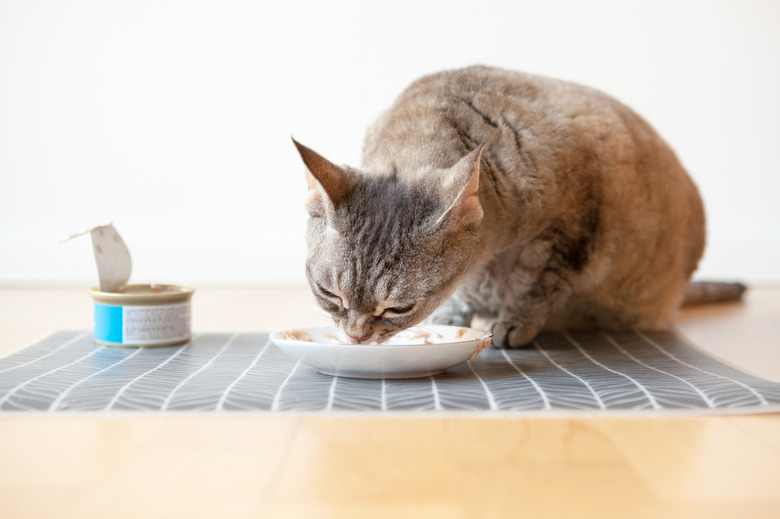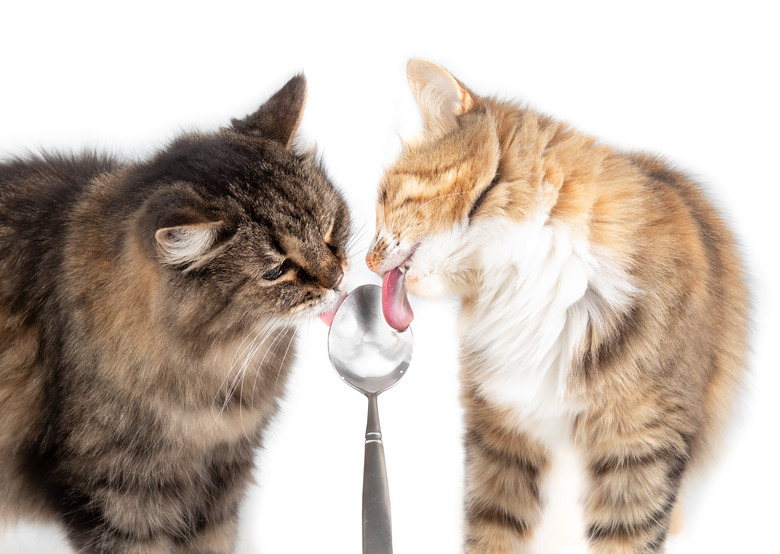What Should You Feed Older Cats? Here Are The Best Senior Cat Food Options
As your cat ages, you might notice some changes in her appetite and energy level. Many commercial cat foods are designed for different life stages, and senior cats have specific nutritional needs to consider. Learn what's important to keep in mind when choosing the best senior cat food.
Senior cat nutritional needs
Senior cat nutritional needs
Cats are considered seniors from about age 11 onward. Cats go through six stages of aging and have different needs at each one. Once a cat reaches his senior years, his metabolism slows down, and he may spend more time napping than before. Older cats can benefit from extra hydration and vitamins at this stage of life.
Kitties should always have access to fresh drinking water, but they actually get most of their daily hydration from the food they eat. Senior cats are more prone to developing kidney issues, but keeping them well hydrated can mitigate some of that risk. When choosing a senior cat food, many pet parents opt for canned wet food, as it contains more water than dry food. Soft cat food is also easier for older cats with dental issues to eat.
Senior cat food contains higher amounts of vitamins B6 and D, fiber, calcium, omega fatty acids, and antioxidants, all of which are beneficial to older cats. If your kitty turns his nose up at some of these enriched foods, you can also feed him supplements.
Types of senior cat food
Types of senior cat food
Wet food comes in cans and contains about 75 percent water. Wet food is a great choice for senior cats due to its water content and soft texture. Some cat parents have asked, "Do cats need wet food?" since they may have heard that it should only be fed as a treat due to its calorie content. While a wet-food-only diet may not work for all cats, a senior-specific option is the best wet food for older cats, as it meets their nutritional needs.
Dry food contains only about 10 percent water and therefore isn't as hydrating as wet food. Dry food may also be hard for older cats to eat if they have dental issues, like missing or sensitive teeth. It's best to feed senior cats dry food as a treat only or not at all if they have tooth problems.
What to feed senior cats with health problems
What to feed senior cats with health problems
Older kitties with health concerns may need a specialized food outside of the standard "senior" label. Senior cats who are underweight may need a diet higher in protein and calories, but a wet food for seniors may still be appropriate for them. Similarly, senior cats who are overweight may need a weight-management food.
If your cat has kidney disease, diabetes, arthritis, or any other health concerns, consult your vet before changing to a new food. Your vet can help you choose the most appropriate food for your cat's needs and keep her feeling her best.
Recommended diet for senior cats
Recommended diet for senior cats
The best cat food for senior cats is canned wet food that is specifically formulated for older cats. Wet food for senior cats contains the calories, hydration, and vitamins they need in this stage of life.
How often should you feed an elderly cat? Most adult cats can be fed twice a day, and unless instructed otherwise by your vet, you can continue feeding older cats on the same schedule.
Can senior cats eat regular cat food?
Can senior cats eat regular cat food?
Senior cats are prone to kidney disease and diabetes, and senior cat food is formulated to help prevent these ailments. Feeding senior-specific food is the best option for older cats, but some senior kitties might not have any issues with regular cat food. It's always best to consult your vet before changing foods or when your cat enters a different life stage, so check in with the vet to make sure your kitty's nutritional needs are being met.


